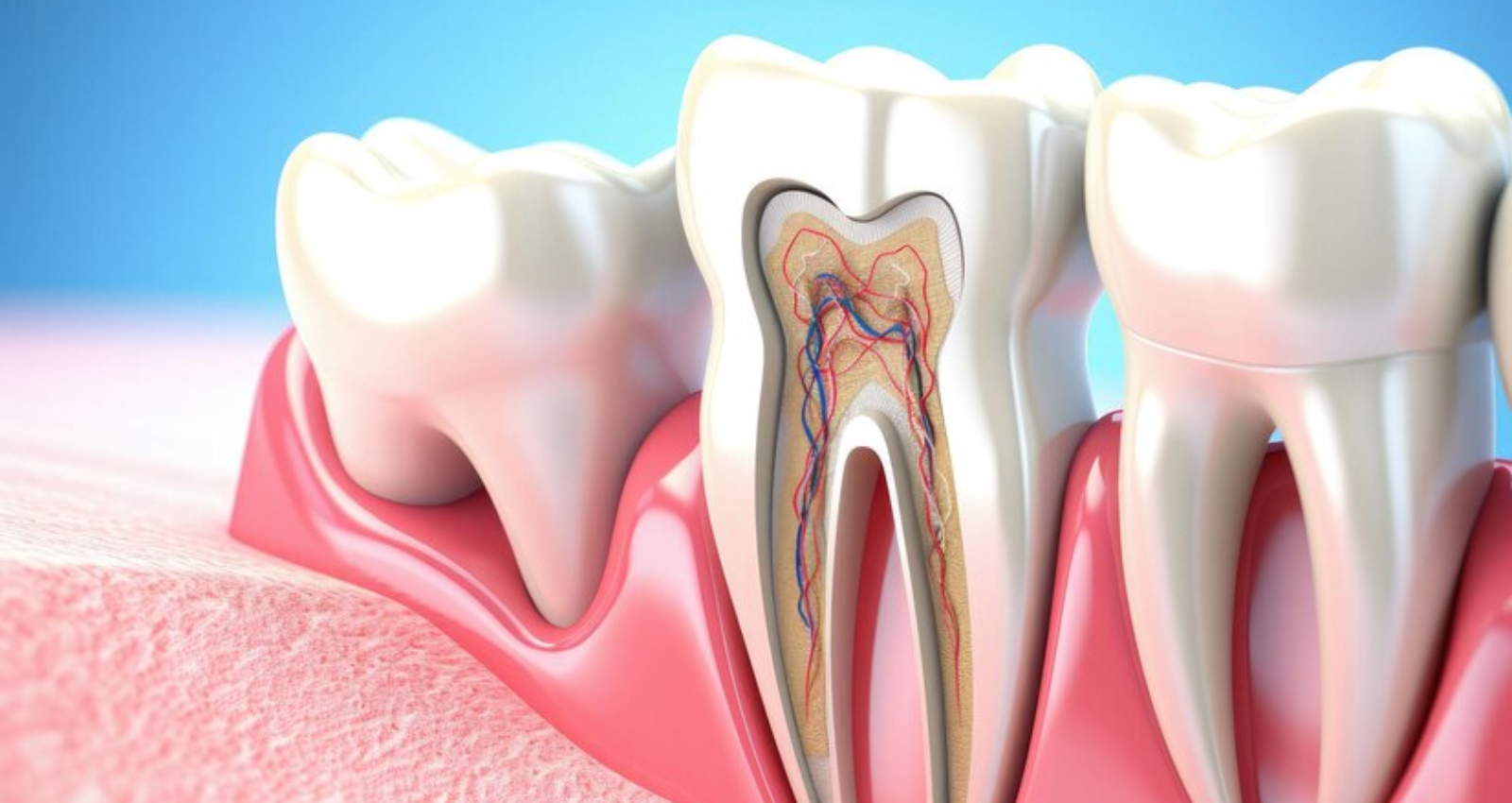Root Canal Treatment in Turkey
Root canal treatment in Turkey offers an affordable and high-quality option for addressing tooth infections or damage. By understanding the costs, procedure, and what to expect, you can make an informed decision and receive excellent care while potentially enjoying a visit to Turkey.
Root Canal Treatment in Turkey: What You Need to Know
Root canal treatment is a vital dental procedure aimed at saving a tooth that is severely infected or damaged. Turkey has become a prominent destination for dental care, offering high-quality root canal treatments at competitive prices.

Everything You Need to Know About Root Canal Treatment
Root canal treatment is a crucial dental procedure designed to save a tooth that is severely damaged or infected. Although the thought of a root canal can be daunting, understanding the procedure can help alleviate concerns and highlight its benefits. Here’s a comprehensive guide to root canal treatment, including what it involves, why it might be necessary, and how it can help you maintain a healthy smile.
What is Root Canal Treatment?
Root canal treatment, also known as endodontic therapy, addresses issues with the pulp—the innermost part of the tooth containing nerves and blood vessels. When the pulp becomes infected or severely damaged due to decay, trauma, or other factors, a root canal is performed to remove the infection and restore the tooth’s function.
Key Steps in the Procedure:
- Diagnosis and X-rays: Your dentist will evaluate the tooth and take X-rays to determine the extent of the damage or infection.
- Anesthesia: Local anesthesia is administered to numb the tooth and surrounding area, ensuring a pain-free procedure.
- Tooth Opening: The dentist drills a small opening in the tooth to access the pulp chamber and root canals.
- Cleaning and Shaping: The infected or damaged pulp is removed, and the root canals are cleaned and shaped to remove bacteria and debris.
- Filling: The empty canals are filled with a biocompatible material called gutta-percha, and the tooth is sealed.
- Restoration: A crown or other restorative material is placed over the tooth to protect it and restore its function.
Why is Root Canal Treatment Necessary?
Root canal treatment is often recommended when:
- Severe Tooth Decay: Deep cavities that reach the tooth’s pulp can cause infection.
- Trauma or Injury: A tooth that has been cracked or chipped can lead to pulp damage.
- Persistent Pain: Chronic tooth pain or sensitivity to hot and cold that doesn’t go away.
- Infection: An abscess or infection at the tooth’s root.
By performing a root canal, the dentist can eliminate the infection, prevent further damage, and preserve the tooth, which is essential for maintaining proper chewing function and preventing other dental issues.
What to Expect During and After a Root Canal
During the Procedure:
- Comfort: Local anesthesia ensures that the procedure is comfortable and pain-free. You may feel some pressure or vibrations, but there should be no pain.
- Duration: A typical root canal takes 1 to 2 hours, depending on the complexity of the case.
After the Procedure:
- Recovery: You may experience mild discomfort or soreness for a few days, which can be managed with over-the-counter pain medication.
- Follow-Up: A follow-up visit may be required to place a permanent crown or other restoration to protect the tooth.
- Care: Maintain good oral hygiene, and follow your dentist’s instructions to ensure proper healing.
Benefits of Root Canal Treatment
- Pain Relief: The procedure removes the source of infection and alleviates tooth pain.
- Preservation of the Tooth: Saves the natural tooth, allowing it to continue functioning normally.
- Prevention of Further Issues: Eliminates infection and prevents it from spreading to other teeth or surrounding tissues.
- Cost-Effective: Avoids the need for more extensive and costly dental procedures like implants or bridges.
Root Canal Treatment vs. Extraction
- Root Canal: Preserves the natural tooth, maintains the bite, and supports overall dental health. It is usually preferred when the tooth can be saved and restored.
- Extraction: Involves removing the tooth and often requires replacement options like implants or bridges. It may be considered if the tooth is too damaged to save.
Root Canal Treatment Cost in Turkey: A Comprehensive Guide
Root canal treatment is a common dental procedure designed to save a tooth that is infected or damaged. With Turkey becoming a popular destination for dental care, many patients are considering it for its affordability and high-quality services.
What is the Cost of Root Canal Treatment in Turkey?
Standard Root Canal Treatment:
- Price Range: $100 to $200
- Includes: The procedure to treat a single root canal, which involves cleaning, shaping, and filling the canal to remove infection.
Complex Cases:
- Price Range: $200 to $300
- Includes: Treatment for multiple root canals, more complex cases, or teeth with challenging anatomy, such as molars with multiple roots.
Restorative Costs:
- Crowns: After a root canal, a crown is usually needed to restore and protect the tooth. The cost for crowns ranges from $150 to $300, depending on the material used and the complexity of the restoration.
Additional Costs:
- Consultation Fees: Initial consultations and diagnostic tests (like X-rays) may be priced separately and can range from $50 to $100.
- Follow-Up Visits: Any additional follow-up appointments or treatments might incur extra costs.
Frequently Asked Questions
What is root canal treatment?
Root canal treatment is a dental procedure used to treat infection or damage inside the tooth. The process involves removing the infected pulp, cleaning the canal, and then sealing it to prevent further infection.
Why is Turkey popular for dental treatments?
Turkey is popular for dental treatments due to high-quality care, experienced dentists, and significantly lower prices compared to Western countries. Many clinics are equipped with advanced technology and follow international standards.
How much does root canal treatment cost in Turkey?
Root canal treatment in Turkey is generally more affordable than in many other countries. Prices range from €100 to €400 per tooth, depending on the clinic, the complexity of the case, and the materials used.
Is root canal treatment in Turkey safe?
Yes, many dental clinics in Turkey are internationally accredited, and dentists often have extensive training. It’s essential to choose a reputable clinic with qualified professionals to ensure safe treatment.
How long does the procedure take?
A root canal procedure typically takes 1 to 2 visits, depending on the severity of the infection. Each session can last between 30 minutes and 2 hours.
What is the success rate of root canal treatment in Turkey?
The success rate of root canal treatments in Turkey is generally high, often around 90-95%, particularly when performed by experienced dentists using modern techniques.
Do Turkish dentists speak English?
Many dental clinics in Turkey, especially those catering to international patients, have English-speaking dentists and staff. Some clinics also offer translation services.
Are there any risks or complications?
While root canal treatment is generally safe, complications like infection, pain, or failure to heal properly can occur. Choosing a qualified dentist reduces the likelihood of complications.
How can I choose a reliable clinic for root canal treatment in Turkey?
Look for clinics with:
- International accreditation
- Positive patient reviews
- Experienced and certified dentists
- Transparent pricing
- Hygienic, well-equipped facilities
What should I expect during recovery?
After the treatment, mild pain and discomfort are normal for a few days. Over-the-counter painkillers can help. If swelling or severe pain persists, it’s important to contact the dentist.
Do I need a dental crown after root canal treatment?
In many cases, a dental crown is recommended after root canal treatment to protect the tooth from fracture or further decay. Your dentist will advise based on your specific case.
Can I travel after the treatment?
Yes, you can typically resume normal activities, including travel, shortly after the procedure. However, it’s recommended to avoid strenuous activities for a day or two.
Does insurance cover root canal treatment in Turkey?
It depends on your insurance plan. Some international dental insurance policies may cover treatments in Turkey, but it’s important to check with your provider beforehand.
Can tourists undergo root canal treatment in Turkey?
Yes, dental tourism is popular in Turkey. Many clinics offer packages that include accommodation and transportation services to cater to international patients.
If you have more specific questions, feel free to ask!










































